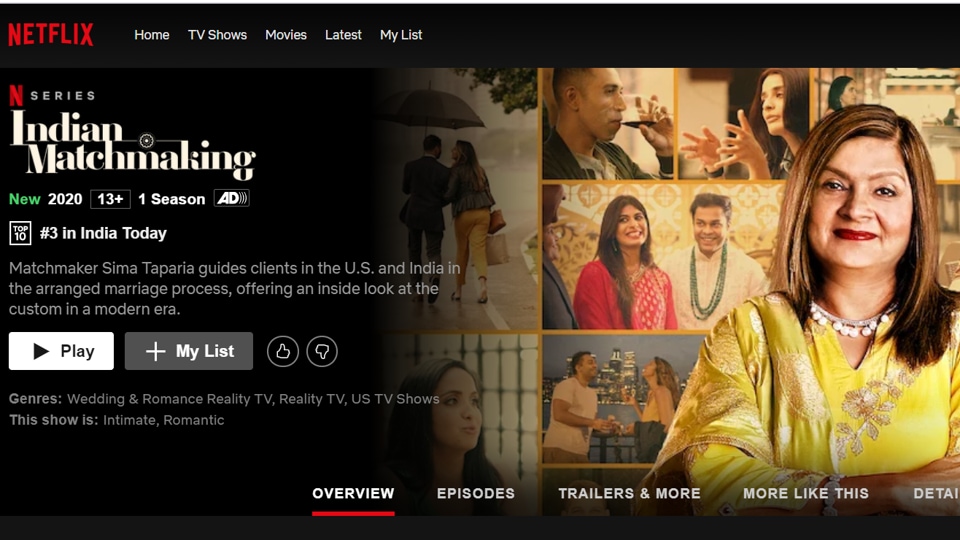prasad1
Active member
The rhetoric of modernity, education, and progress is a powerful one that deludes us into thinking that regressive and repressive aspects of match-making are either a thing of the past, the rural, or the uneducated and uninformed. Educated urban-dwellers cringe at the display of casteism and sexism in matters of spouse-selection, often claiming that they do not abide by principles of caste endogamy (marriage within one’s group) and certainly desire to marry “modern educated” women.
Denting this urban self-fashioning is the Netflix series Indian Matchmaking, which has held up a mirror to Indian society. It has not ventured deep into the hinterlands of India (like Amazon series Paatal Lok) to contextualise Indian’s obsession with “fair skin”, or “tall, slim, trim” as being hallmarks of a good match. Rather, it has shown how casteism and sexism merge with money, high-status, and modernity in the urban milieus of Mumbai, Delhi, New York, and Chicago.
A problematic aspect of this depiction though is that the onus of all-that-is-bad is entirely on so-called arranged marriages and the matchmaker. As a result, other media of matchmaking such as matrimonial websites and dating apps might be championed as progressive.
It is important to remember that technology does not have the power to drastically transform personalities or cultures. It is also shaped by specific cultures.

 www.hindustantimes.com
www.hindustantimes.com
I do not know how factual this is. For all you know it might be actors performing to a script.
Denting this urban self-fashioning is the Netflix series Indian Matchmaking, which has held up a mirror to Indian society. It has not ventured deep into the hinterlands of India (like Amazon series Paatal Lok) to contextualise Indian’s obsession with “fair skin”, or “tall, slim, trim” as being hallmarks of a good match. Rather, it has shown how casteism and sexism merge with money, high-status, and modernity in the urban milieus of Mumbai, Delhi, New York, and Chicago.
A problematic aspect of this depiction though is that the onus of all-that-is-bad is entirely on so-called arranged marriages and the matchmaker. As a result, other media of matchmaking such as matrimonial websites and dating apps might be championed as progressive.
It is important to remember that technology does not have the power to drastically transform personalities or cultures. It is also shaped by specific cultures.

Matchmaking illustrates the ills of Indian society | Opinion
A recent Netflix show has accurately captured the gendered politics of arranged marriages, with its biases
I do not know how factual this is. For all you know it might be actors performing to a script.
